Thousands of Syrian refugee children in Iraq left in 'legal limbo'
240,000 refugees who fled the fighting in Syria now live in Iraq and are often unable to get their children citizenship in either country
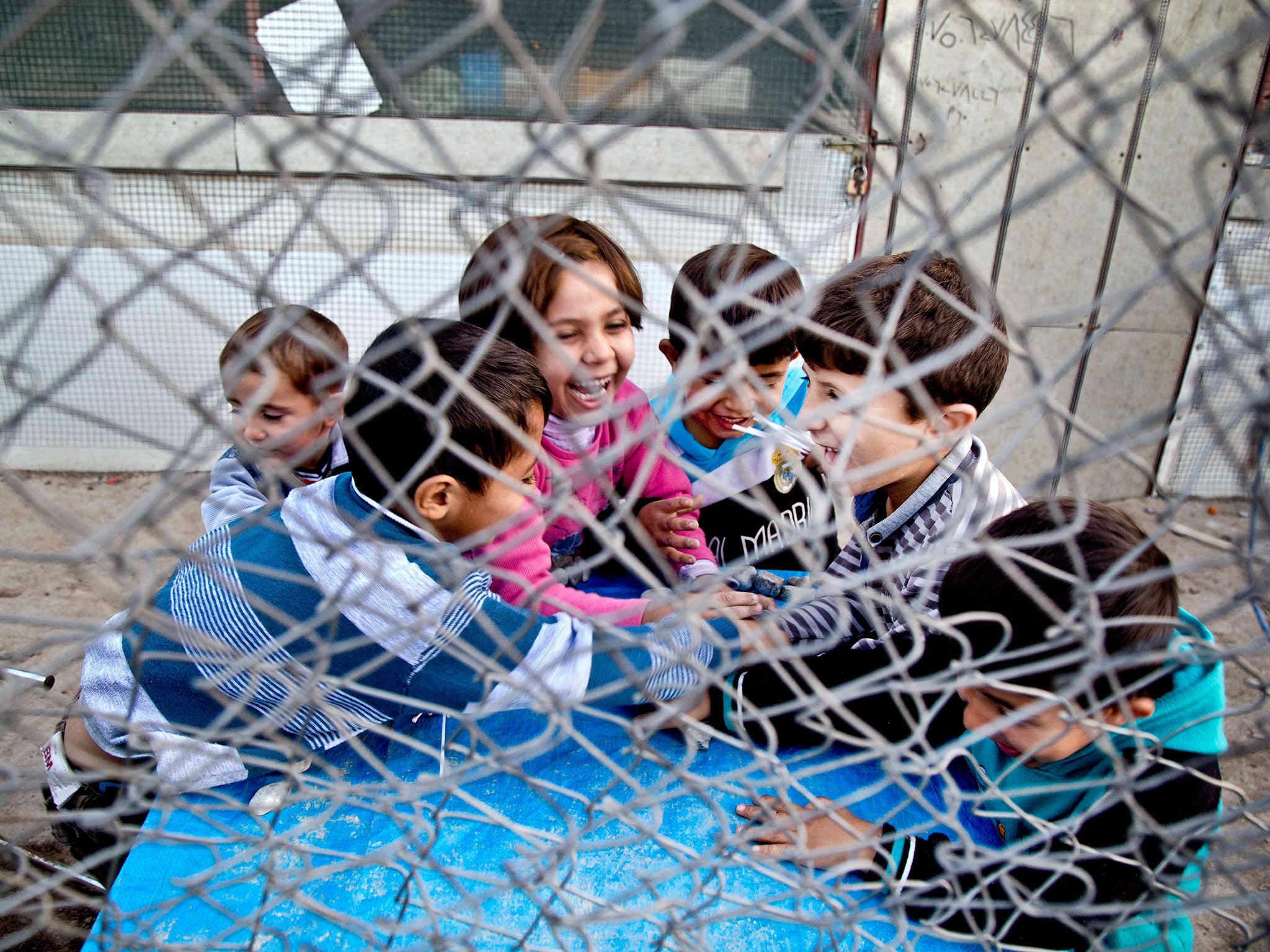
Your support helps us to tell the story
From reproductive rights to climate change to Big Tech, The Independent is on the ground when the story is developing. Whether it's investigating the financials of Elon Musk's pro-Trump PAC or producing our latest documentary, 'The A Word', which shines a light on the American women fighting for reproductive rights, we know how important it is to parse out the facts from the messaging.
At such a critical moment in US history, we need reporters on the ground. Your donation allows us to keep sending journalists to speak to both sides of the story.
The Independent is trusted by Americans across the entire political spectrum. And unlike many other quality news outlets, we choose not to lock Americans out of our reporting and analysis with paywalls. We believe quality journalism should be available to everyone, paid for by those who can afford it.
Your support makes all the difference.Aria is stateless. Like thousands of other children born to Syrian refugees living in Iraq, the 10-month-old girl is beginning her life in legal limbo.
Some 240,000 refugees who fled the fighting in Syria now live in Iraq, where among many other hardships, they are often unable to get their children citizenship in either country.
"It's required to have a nationality," said Azad Khalil, the girl's father. "She doesn't exist in any records (in Syria) because she was born here."
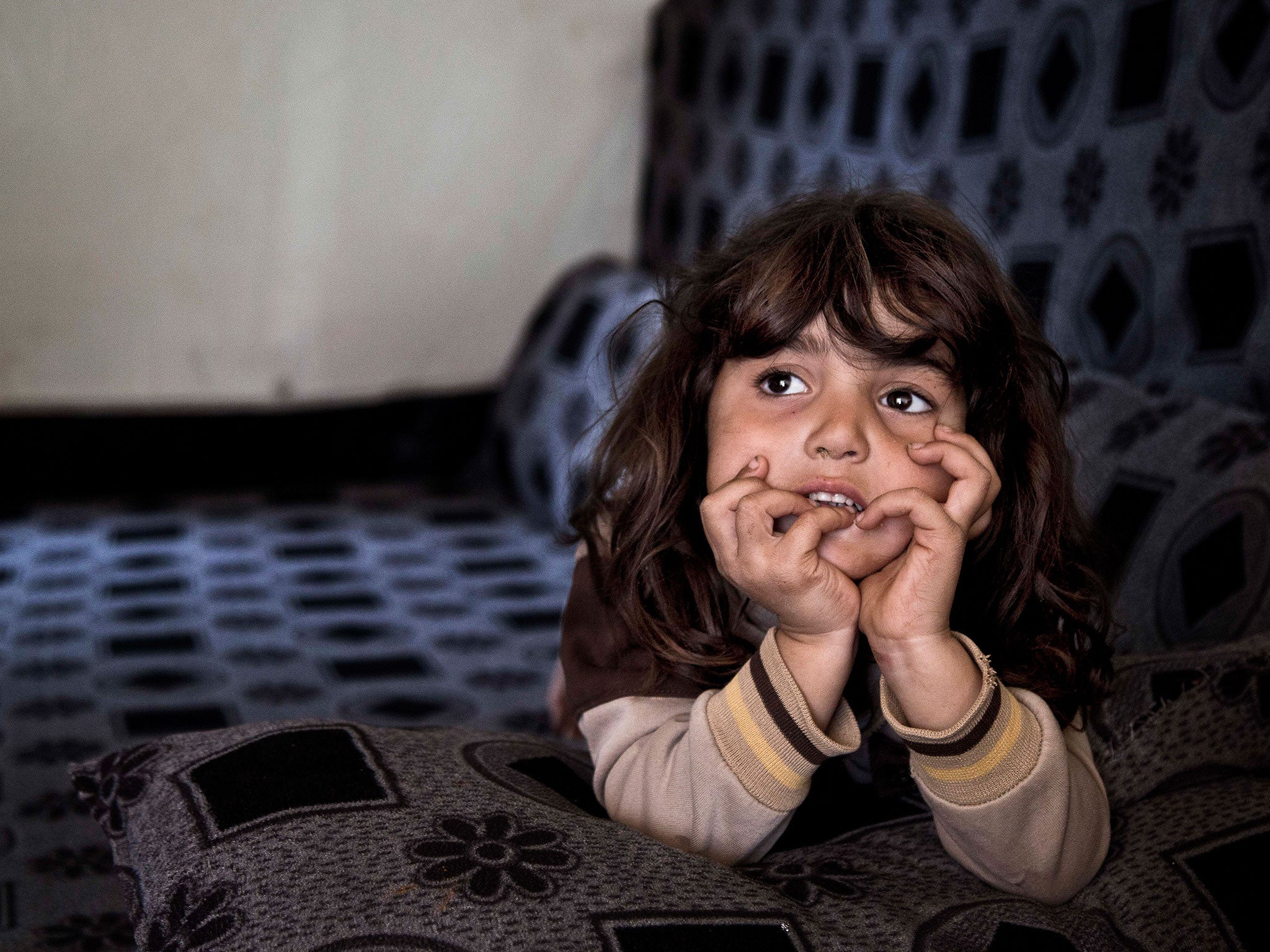
Syrian refugees who have children in Iraq's Kurdistan region are entitled to apply for official birth certificates from local authorities, but many families don't. Refugee camps are often far away from government buildings in major cities, so many children are left without the most basic documentation.
Khalil said he can only apply for citizenship for his daughter if the family returns to Syria. But with the country in the fifth year of a civil war that has killed more than 250,000 people, the odds of returning home are slim. He fears that even a temporary visit to apply for citizenship would be a waste of time.
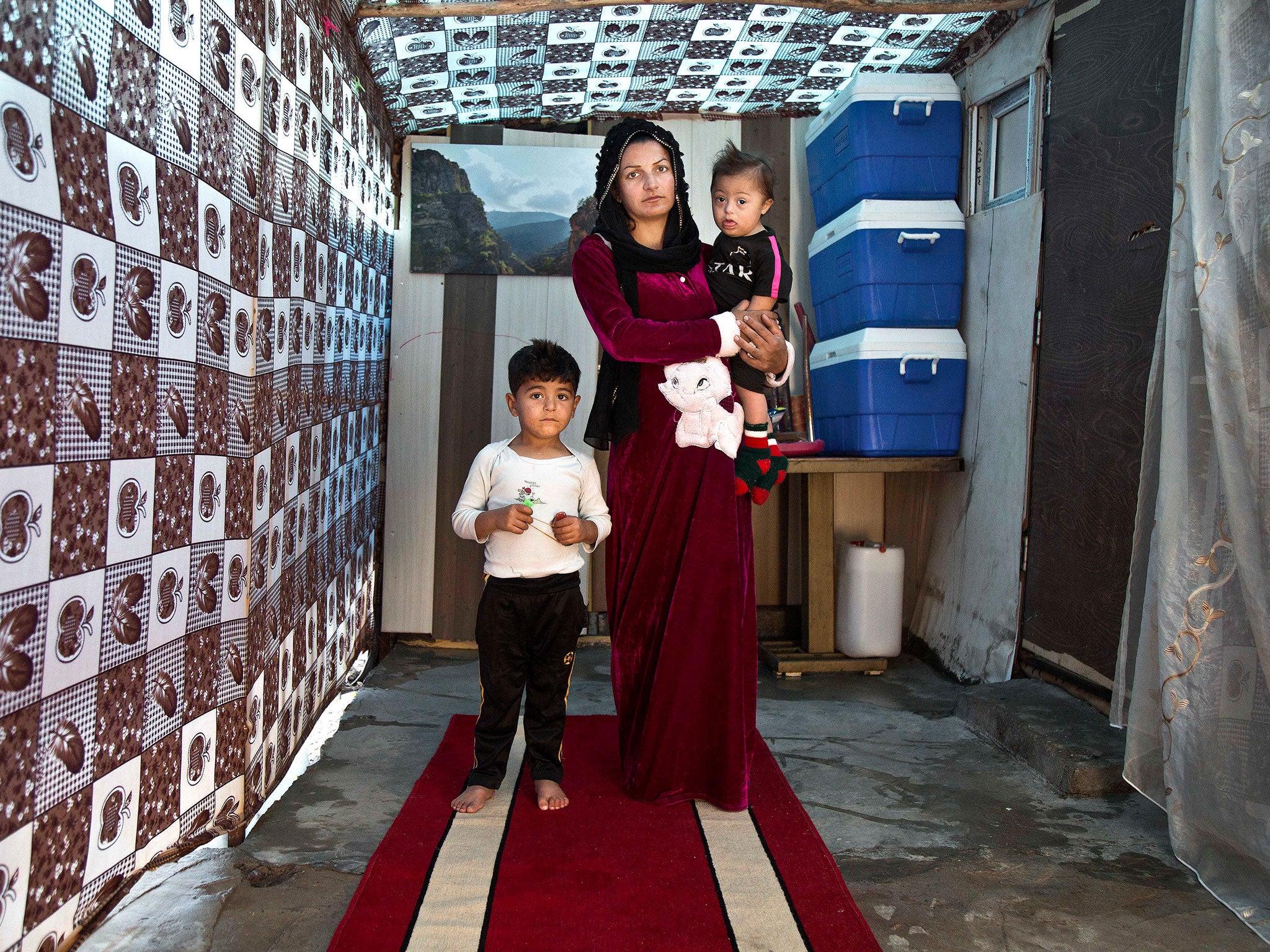
"The document that we have from here is very simple, it doesn't show anything, only that she was born here. If we take it back to Syria they might not recognize it," he said.
Other families said that even if they could return home, they would be afraid to present such documents in a Syrian government office. They worry that proof they were refugees would associate them with opposition groups, despite announcements from the Syrian government that all refugees are welcome to return.
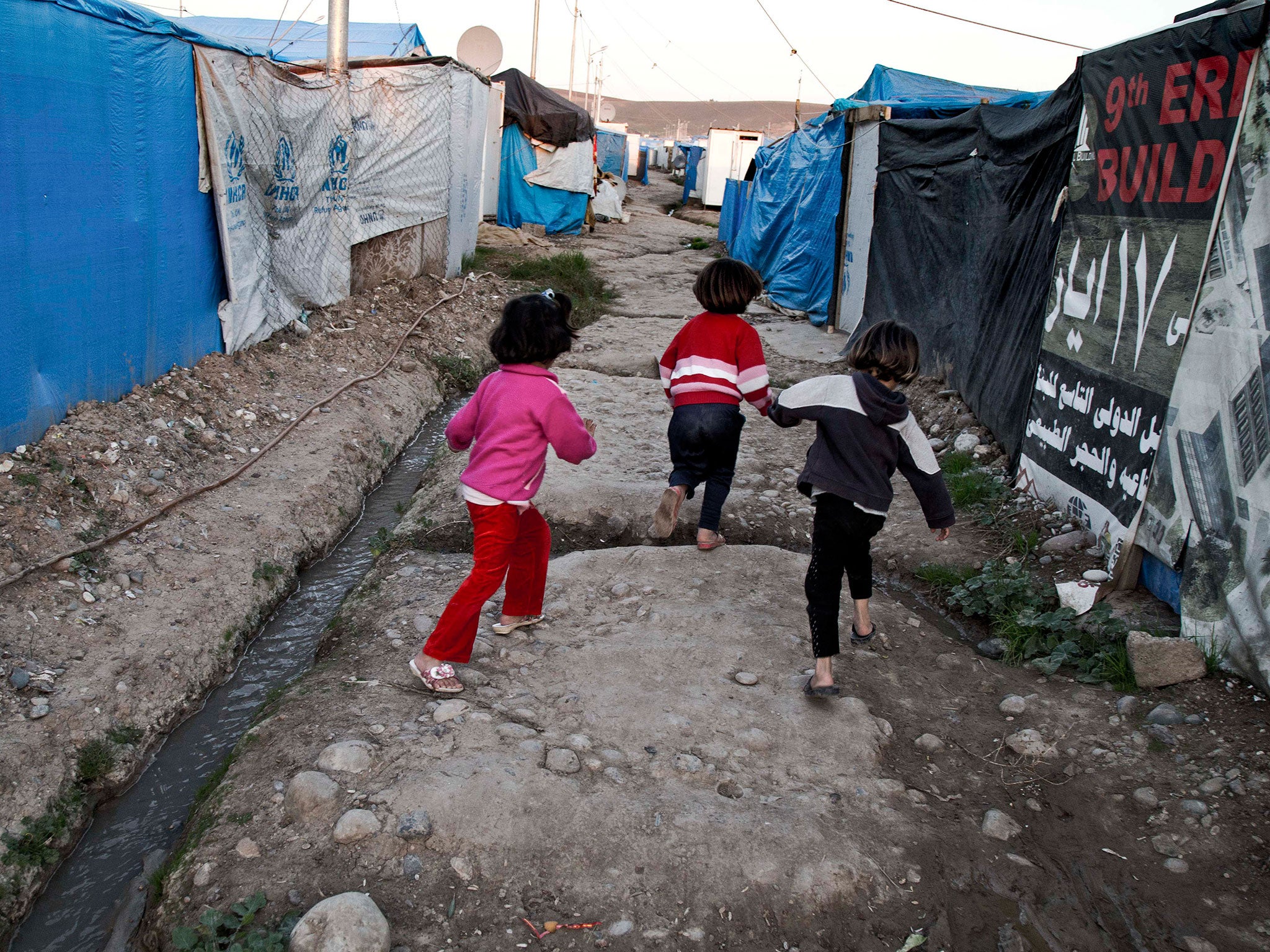
For infants and toddlers living in refugee camps, the lack of national identity documents doesn't pose immediate problems. But as children grow up, not having a nationality will prevent them from finding legal work, traveling and going to school.
"If the situation is prolonged for a very long time, these children would become adults," said Frederic Cussigh, senior field coordinator for the UNHCR, the United Nations refugee agency. "To legally work in Iraq, that could be a problem, (or) to get their residency... they would face an impressive amount of problems all along, possibly for the rest of their life."
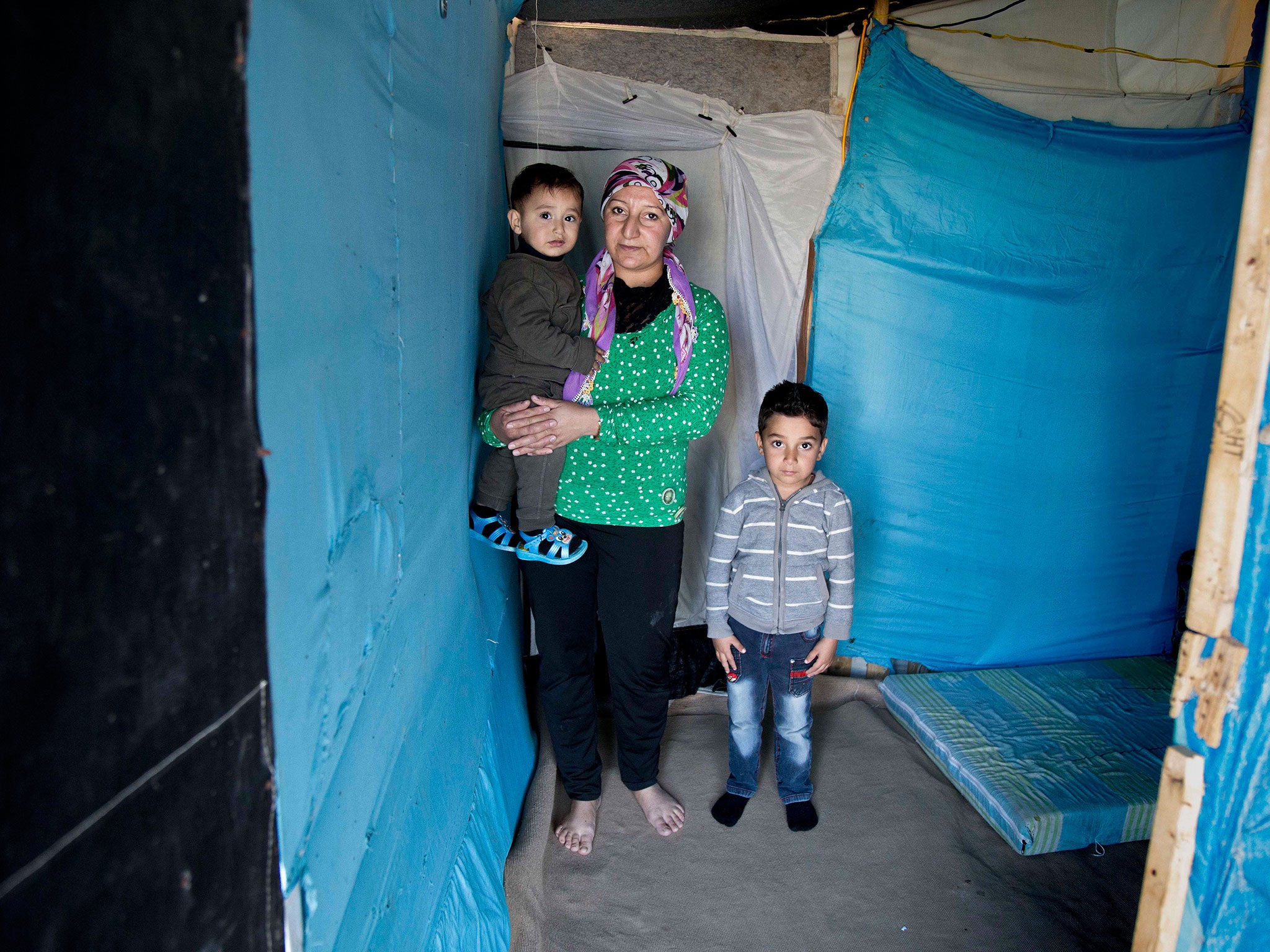
Even collecting the required paperwork in Iraq, Cussigh explained, can be hard for refugees who often have limited financial resources. "In terms of means, just bearing the cost of the taxi to go to the public (authorities) can be difficult," he said.
According to the U.N., 12,516 Syrian children have been born in Iraq since the beginning of the Syrian crisis. Their families are among the more than 4 million Syrians who have fled the country since the conflict broke out in 2011. Most remain in nearby countries, though hundreds of thousands have also made their way to Europe.
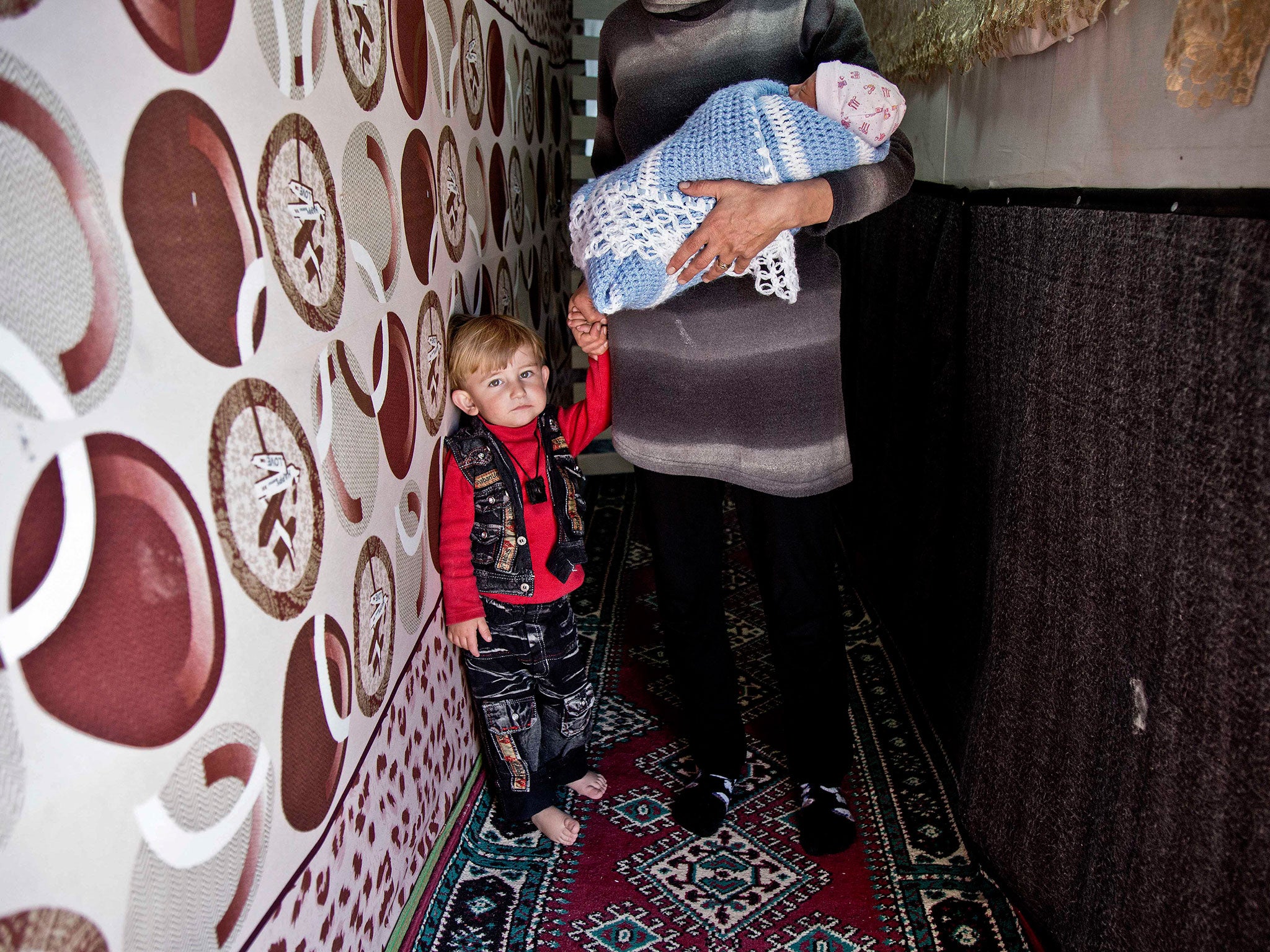
Majide Mohammed's son Ahmed also lacks national identity documents. She gave birth to the 14-month-old in Syria, but was then forced to flee with her family, and was unable to register the newborn in her hometown.
"He doesn't have any documents," Mohammed explained. "They say we have to go to Syria (to register him). And my husband used to be in the military, so we cannot go back."

The legal limbo has already prevented her from reuniting with her family in Turkey.
"I haven't seen them for two years and I can't visit them because my child has no proper papers. It's not allowed."
Associated Press
Subscribe to Independent Premium to bookmark this article
Want to bookmark your favourite articles and stories to read or reference later? Start your Independent Premium subscription today.
Join our commenting forum
Join thought-provoking conversations, follow other Independent readers and see their replies
Comments